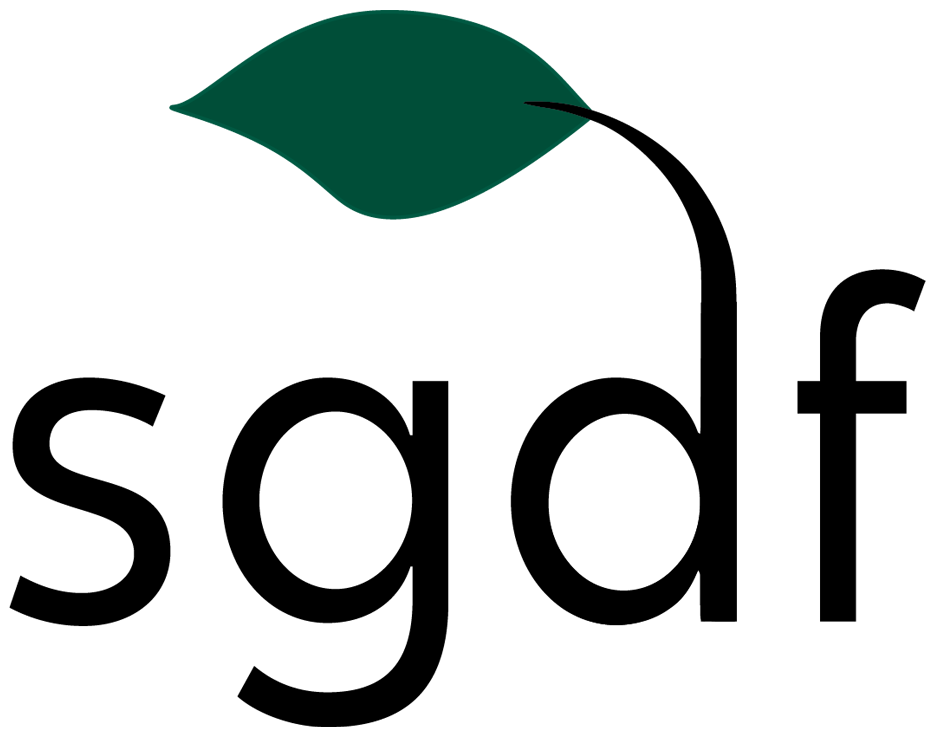By: Solomon Kronberg, BA Economics and Comparative Cultures & Politics 2022
Spartan Global occupies a complex space in today’s global paradigm; we inhabit a privileged position, evidenced by our ability to collect and redistribute the donations we rely on to do our work. It would be easy to stop there, to say that our position is unassailable because we try to deploy our advantages, helping where we can. Why fix something that isn’t broken? However, our organization’s strength rests in its propensity for self-evaluation and our capacity to remain self-critical. That ethic is possible because of what we are; a not-for-profit organization staffed by a rotating crew of students.
Our loaning approach has looked very different throughout our history; SGDF made loans exclusively through the Kiva platform for the team’s first several iterations. Students would raise money and loan it out to donors that Kiva’s algorithm presented to them. It was a simple, streamlined process. If a recipient defaulted, Kiva would facilitate the return over time without involving us. We still use the Kiva channel to mobilize funds quickly and efficiently. However, it so happened that a team of students was eventually no longer satisfied with that method. It was too alien, precluding the chance to become close with our partners. It kept our relationships shallow; we wouldn’t know what was happening in that person’s life that caused them to default. We couldn’t know the intricacies that led to them seeking microfinance support, the stories that shaped the connection. So, when the opportunity presented itself, those students expanded our loaning process into direct lending through field partnerships. Field partnerships allowed for the relationship-building that Kiva abstracted, both with the partners themselves and the recipients they nominated. Students interview potential recipients, learn more about the places they live, understand how a loan will diffuse through a community, and maintain dialogue with those people throughout and after their loan period. A few weeks ago, we met with Byron Cap, a loan recipient we worked with during my first year at Spartan Global. It was terrific to hear how his care and adaptability had created safer friendlier economic relationships between his neighbors.
The ethic of self-evaluation has remained steady, even after SGDF shifted into direct lending. As each new student team crystallizes and dissolves, fresh minds and talents assess our relationships with field partners, finding ways to grow closer with them and recipients while expanding the SGDF family in new ways. Our most recent field partner, Vilma Garcia, has already helped us form a new relationship with María José, a talented confectioner whose application for funding in support of a new café we excitedly accepted. María and Johanna, the first recipient Vilma helped us meet, live in the same town in Guatemala. Knowing that our help creates meaningful change in their community is immensely rewarding; both that good and our awareness of its unfolding would be impossible without Vilma’s friendship.
Spartan Global’s overarching mission is to try and create a friendlier world; our work focuses on enabling a convivial economy in places that the West’s political economy has taken advantage of. Friendships benefit from the involved parties’ self-evaluation, caring enough never to stop asking whether or not we are doing the right thing. At the end of my tenure at Spartan Global, I feel proud that future students will enter this space and assess how I conducted myself in these relationships. And I believe that ethic is what makes this organization such a special place.

